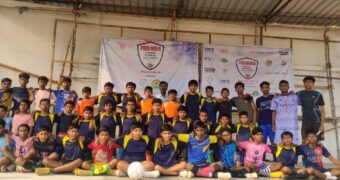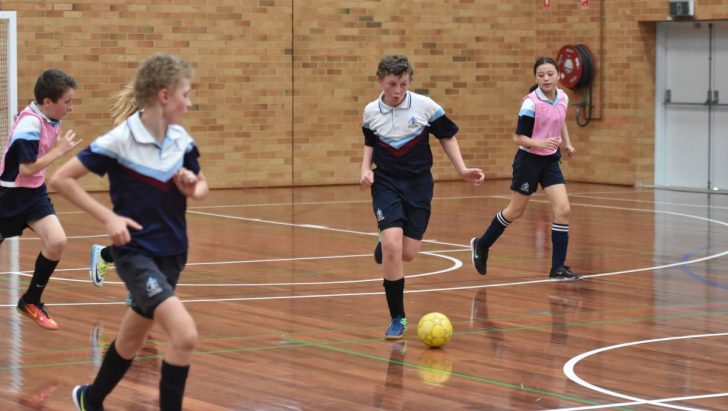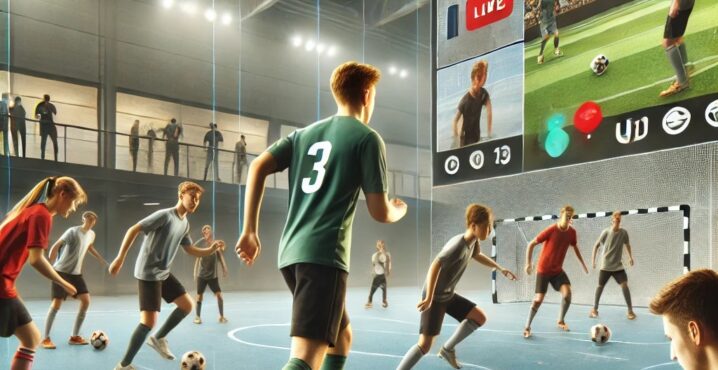Estimated reading time:2 minutes, 50 seconds
This research was done by Ercan Zorba from the Faculty of Sport Sciences at Muğla Sıtkı Koçman University, Turkey
Abstract
This study aimed to examine fair play behaviors of futsal players in high school regarding some variables. Totally 187 high school students including 76 males and 111 females participated in the study in 2017-2018 education period. The Fair Play Scale in Physical Education and Sport, developed by Hassandra et al and adapted to Turkish by Mirzaoglu was used to collect data. The scale has four subscales including 16 items. The scale consists of the factors of respect towards teammates, cheating, respect conventions, and gamesmanship. The descriptive analysis of demographic variables and exploratory factor analysis for validity were used; Cronbach’s alpha coefficient was calculated for reliability. The relationships were determined by using correlation analysis, and independent t-test was used for comparison between groups. Factor loadings ranged between 0,563 and 0,913. Moreover, Cronbach’s alpha coefficient was found to be as 0,838 indicating that the scale had high reliability. In correlation results, the gender variable was only found to be significant (p<0,05) and negatively correlated (r=-,144) in “gamesmanship.” This result showed that boys are more prone to “gamesmanship” behaviors than girls. The only difference was found in “gamesmanship” when fair play behaviors of futsal athletes were compared according to genders (p<0,05). This result showed that boys are more prone to “gamesmanship” behaviors than girls. The underlying reason for this may be that the sense of justice of boys is lower than the girls. Consequently, within the scope of the studies to create consciousness and realize required structural changes related to ethical values of sport, especially school physical education lessons and extramural competitions should be used as an environment to bring athletes in proper fair play behaviors. It is understood that fair play understanding can be achieved by facing students with problematic conditions in longer and continuous learning process, not with campaign, messages, sanction or transmission of plain moral theories.
Introduction – Futsal Fair play
The relation between fair play and education is kinetic and dynamic structure. After fair play models that can be given in primary school terms in schools, the education should continue increasingly. The sports are the most influential factor in the continuity of the process. Fair play education can be given through sports ideally and efficiently. The sports have great importance regarding moral discipline; however, undesired results can occur unless paying attention. The sports make people interact because it is done with groups. This process works to develop the ethics of solidarity and cooperation. Notably, the individuals have been able to get this type of education in their early lives will apply this moral discipline in other activities of their lives. Sports are seen as practical tools to create social relations. Education has a central role in this field. Fair play, tolerance, and mutual respect, motivating individual responsibilities should be adopted in formal education.
You can read the rest of this research by clicking here
If you like the information provided, you can read more Futsal research by going to the top navigation bar or click here
If you like this article and would like to keep updated on Futsal news, developments, etc then please submit your email below in the Subscribe to Futsal Focus option.
Follow Futsal Focus by clicking on Facebook, Twitter or Instagram or on the social media buttons on the website.
















![Validate my RSS feed [Valid RSS]](https://www.futsalfocus.net/wp-content/uploads/2020/01/valid-rss-rogers.png)




